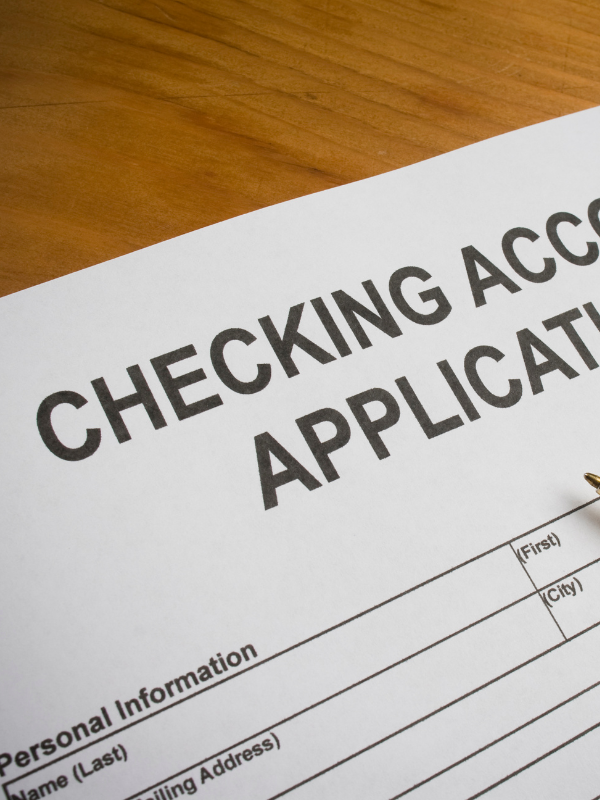Why You Need a Business Bank Account
Suppose that next year for no particular reason that the IRS picks your return for audit. They may request your personal bank records. If those {{{
A business bank account is crucial for keeping your business and personal expenses and income separate and getting your new business’s record keeping off to a good start.
Business Credibility
Having a business bank account provides your new business with credibility (with both customers and potential creditors) which is especially important when you’re starting a business.
If some of your customers use cheques to pay your invoices it is much more professional in appearance to have them writing cheques to “Acme Corp” rather than to “John Smith”, as does paying your business invoices with separate business cheques or a separate business credit card. If you want customers to be able to write cheques to your business name you need a business bank account.
Taxation
Having a separate business account is also important for tax purposes. One of the easiest ways to attract attention from the Canada Revenue Agency (CRA) is to commingle business and personal expenses and bank accounts. Keeping a separate business bank account with all of your business-related financial transactions provides a clear trail of business revenue and expenses in case you are audited by the CRA.
While it is recommended to have a separate account for both sole proprietorships and incorporated businesses, it is particularly important for corporations.
A corporation is treated as a separate entity and as such the personal assets of the owner(s) are sheltered from potential liability.
However, in certain cases (such as gross negligence by directors or owners of the company) the courts may disregard the “separate entity” concept of a corporation and hold the directors or shareholders of a company personally liable.
This is known as “piercing the corporate veil”, and one of the criteria which may be used to determine this is the degree of separation between the financial activities of the owner(s) and of the business. As such, a separate business bank account for an incorporated company is a must.
Why Are Business Bank Accounts Typically More Expensive Than Personal Accounts?
The first thing you’ll discover about business bank accounts is that they always cost more than personal bank accounts and typically pay less in interest on balances. However, there are some valid reasons for this (other than pure profiteering by the banks):
- A business bank account is an asset owned by the business and as such if the business is sold the bank account is included in the sale (another reason why a separate bank account is an absolute must for corporations).
- Business accounts can have multiple signing authority – It is a common practice for businesses to have more than one person with signing authority on the account (for example other directors, shareholders, managers, treasurers, etc.) It is also typical for businesses to require dual signatures on some types of transactions. With a business account you can also have different groups of signatories. For example, one group could be sole signatories (for trusted individuals) and another group could require dual signatures. Note that online business accounts also support “dual signature” authority.
Fortunately fees are a deductible business expense. When looking for a business checking account take the time to shop around, because there is quite a variance in the fees attached to business accounts, depending on the number of monthly transactions, the account balance, etc. Estimate the number of transactions you are likely to make in a typical month and the lowest balance you are likely to have and compare this with the bank’s fee schedule. Note that if your business does not need branch banking an online business account can be less expensive.
A Credit Union Can Be Your Business Partner
Aside from fees consider:
- The availability of loans and business lines of credit.
- Mobile banking options.
- The ability to interface accounts with your accounting software}}}
Bank Account vs. Credit Union Account
Banks are for-profit corporations and charge significantly higher fees than non-profit credit unions which are owned by their members. Each offer checking and savings accounts for your business.
What You Will Need in order to open a business account
- EIN or Tax ID number. You will need to bring in the letter the IRS sends to confirm your business tax ID number.
- 2 Forms of Identification
- State Business License
- Initial deposit

 Scan Me!
Scan Me!






